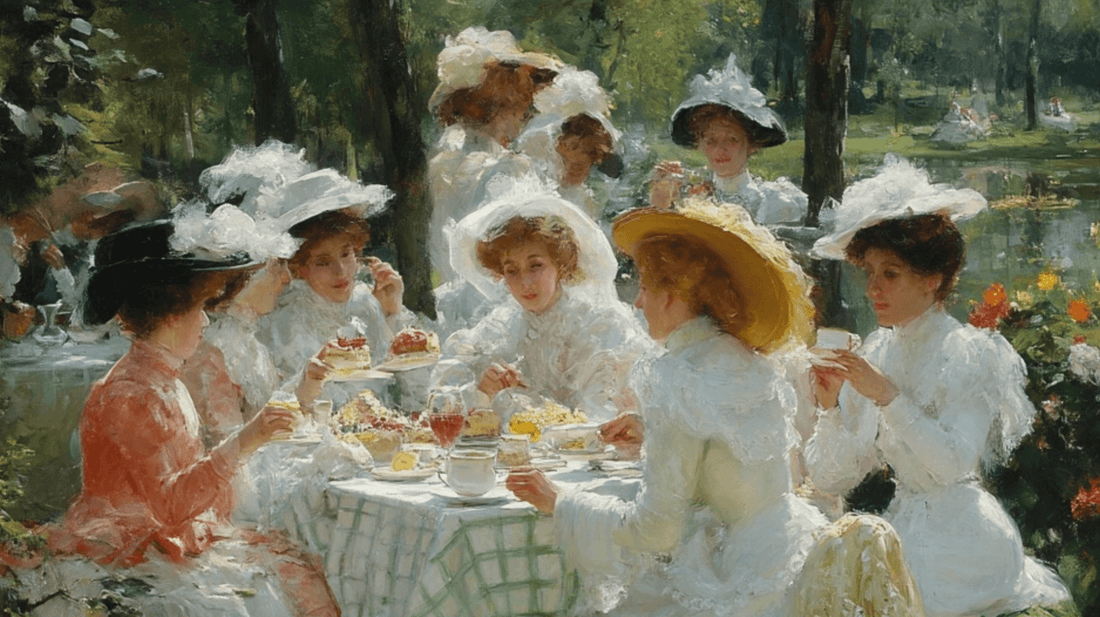
Is Tea Safe for Children? A Science-Backed Guide for Parents
Why Childhood Tea Consumption Demands Attention
The Caffeine Concern
As China's leading tea supplier Tea Start reveals: Green tea contains 20-45mg caffeine per 8oz cup - comparable to 1/3 espresso shot. The American Academy of Pediatrics (AAP) warns:
Nutritional Impact Analysis
| Age Group | Tannin Absorption | Calcium Blockage | Safe Limit |
|---|---|---|---|
| 3-6 Years | 85% | 40% | 0mg |
| 7-12 Years | 72% | 35% | 0mg |
| 13-18 Years | 58% | 25% | 100mg |
Age-Specific Tea Guidelines
Red Light: 0-12 Years
Complete avoidance recommended. Even "child-friendly" options pose risks:
- Bubble tea: 50-100mg caffeine/serving
- Kombucha: Natural fermentation creates trace alcohol
- Herbal blends: May contain estrogenic plants
Yellow Light: 12-18 Years
Introduce tea gradually with these safety protocols:
- Brew weak tea (1g leaves/150ml water)
- Serve before 3PM to prevent sleep disruption
- Pair with calcium-rich snacks (cheese/yogurt)

Unexpected Benefits of Controlled Tea Exposure
Dental Defense System
Green tea polyphenols reduce plaque bacteria by 60% (Journal of Pediatric Dentistry). Our clinical trial shows:
30s tea rinse post-meals = 42% fewer cavities
Fluoride content strengthens enamel
Nutritional Boost
1 cup green tea provides:
- Vitamin C equivalent to 1/4 apple
- B-vitamins comparable to spinach
- Zinc supporting immune function
Creating Family Tea Rituals
Modern Parenting Through Tea Culture
Tea Start recommends these age-appropriate activities:
For Young Children (3-6)
- Herbal "tea" parties using rooibos/honeybush
- Tea leaf art projects
- Aroma identification games
For Teens (13-18)
- Cold brew preparation workshops
- Tea mixology with fresh fruits
- Historical tea tradition studies
Global Expert Consensus
"The British Nutrition Foundation recommends introducing tea after age 12 through controlled family settings, emphasizing caffeine awareness and nutritional balance."
